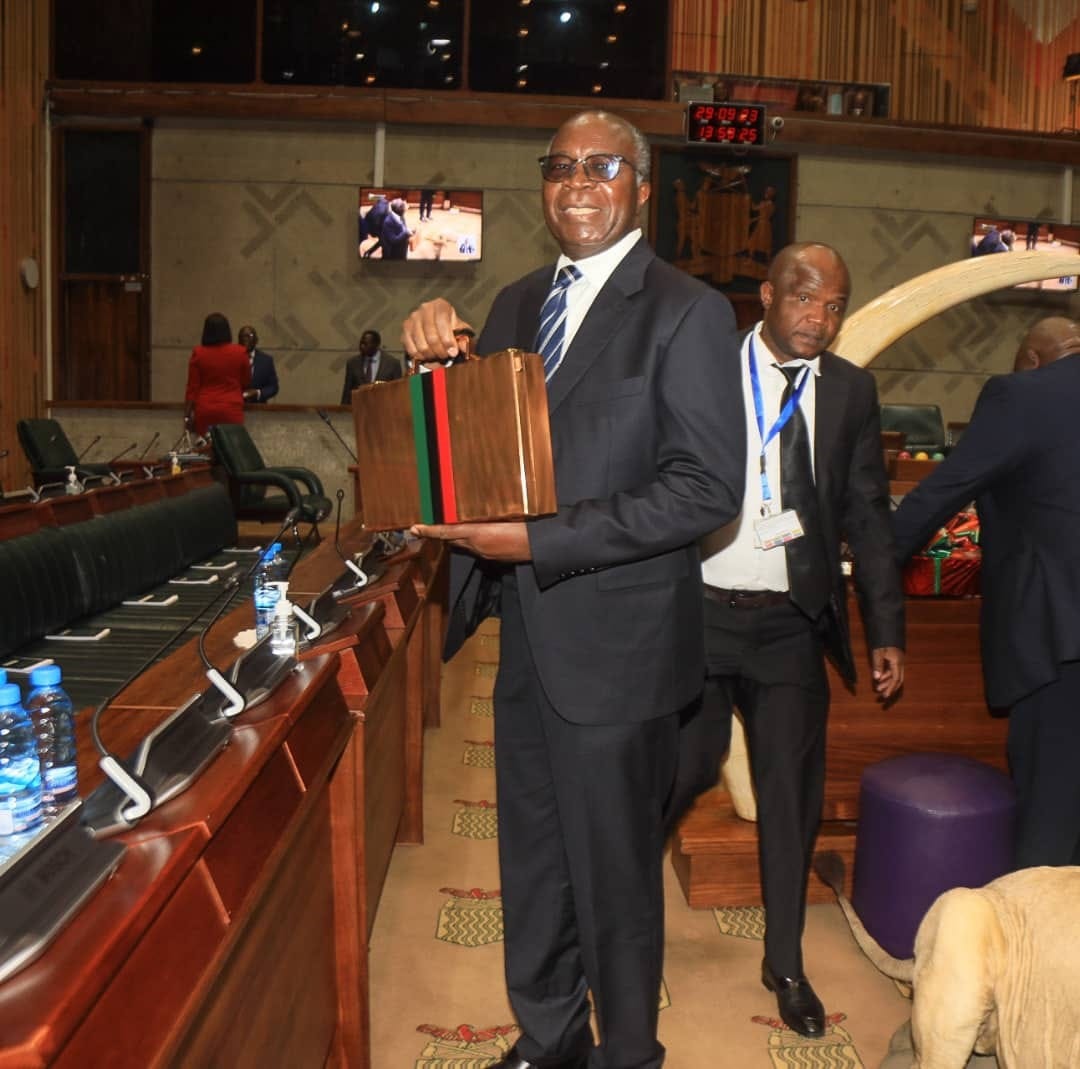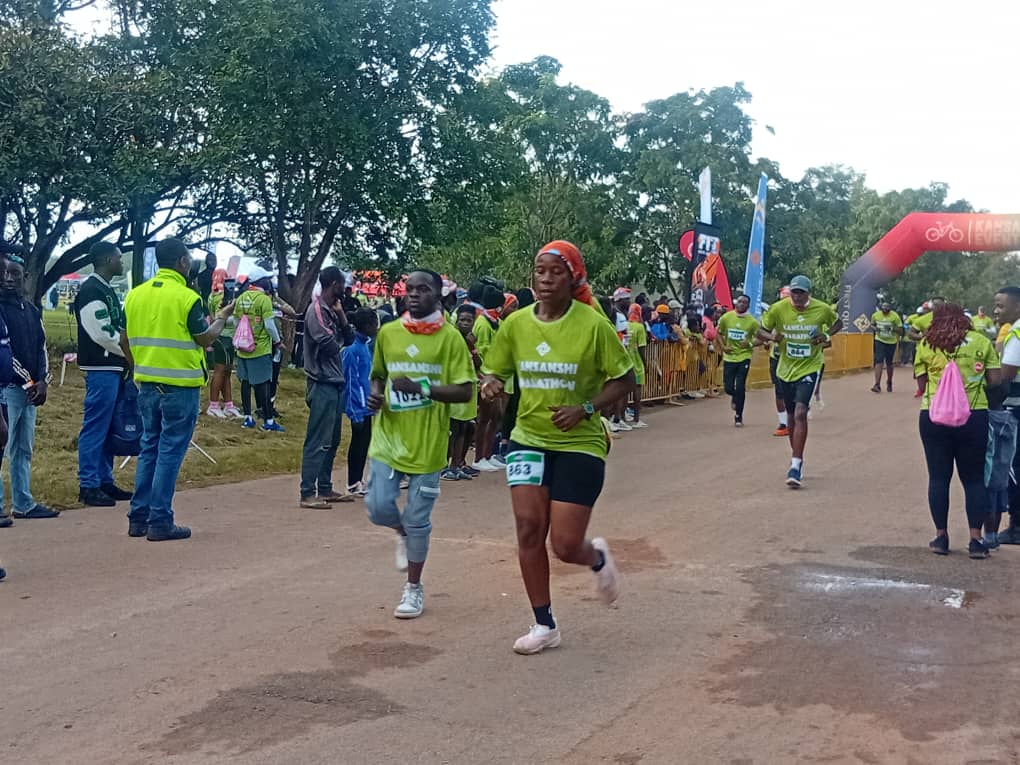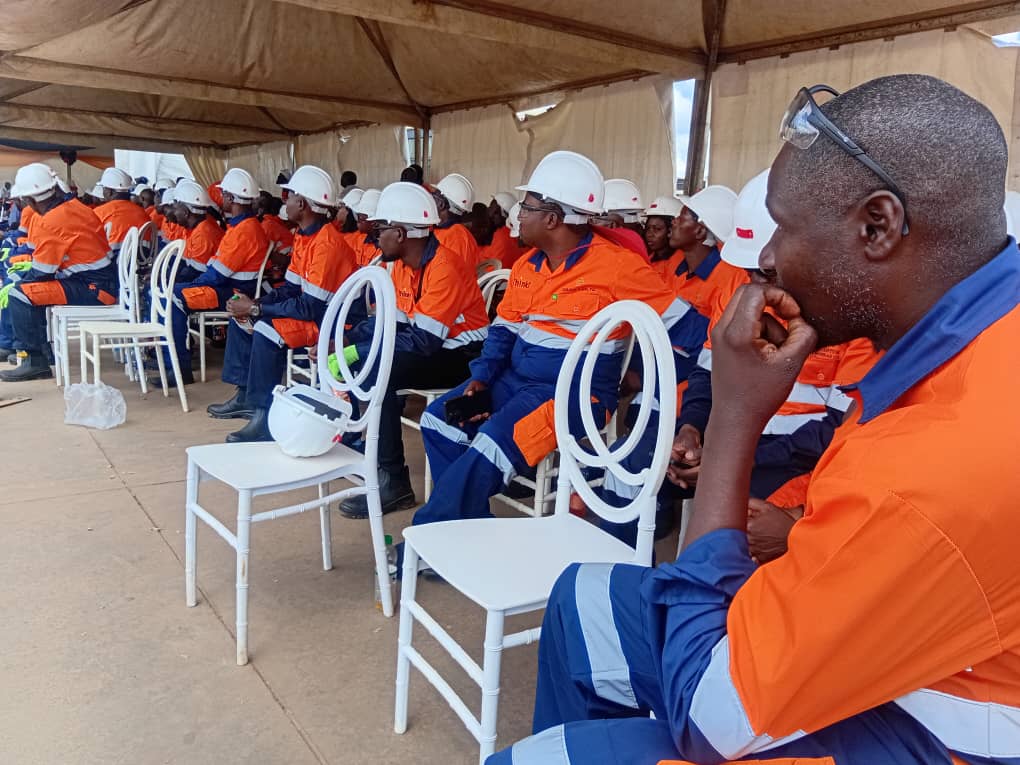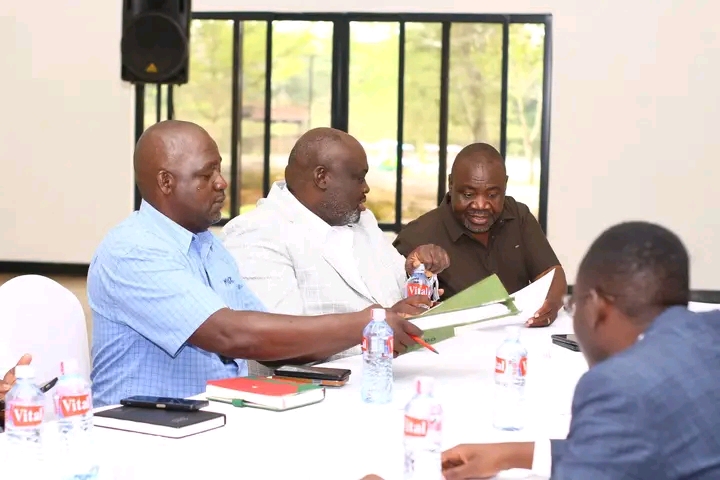The Government has increased the Pay As You Earn (PAYE) exempt threshold from K4,800 to K5,100 in the 2024 National Budget. Presenting the budget to Parliament in Lusaka yesterday, Finance and National Planning Minister Situmbeko Musokotwane said this was in light of concern on the tax burden especially given the rise in the cost of living.
“Even in the midst of tight fiscal space, it is imperative that we provide some relief to the worker. In this regard, I propose to revise the Pay As You Earn by increasing the exempt threshold to K5,100 from K4,800 and reducing the top rate to 37 per cent from 37.5 per cent,” Dr Musokotwane said.
To promote investment in power generation, Dr Musokotwane proposed to increase the period in which a business could claim a refund on Value Added Tax (VAT) incurred on eligible goods before the commencement of commercial operations to seven years from the current four years for hydroelectricity generation.
This, he said was to allow for sufficient time for the investment to materialise.
“Madam Speaker, to promote geothermal energy, I propose to remove customs duty on machinery, equipment and other goods designed for geothermal energy activities. To spur growth in the media and film industry, I propose to expand the list of selected media, film and music equipment for which customs duty was suspended in the 2023 budget. The relief on customs duty will be for a period of three years,” he said.
To promote local investment in the manufacturing sector, Dr Musokotwane proposed to extend the two per cent local content allowance on income earned from value addition to sorghum and millet.
This was in addition to other products that were already benefiting from the incentive namely, cassava, mango, pineapple, and tomato.
“I also propose an increase in company income tax relief to 20 per cent from 14.2 per cent of the taxable profits for the first five years of operation for businesses in rural areas and provide for the allowance of losses of up to one per cent on cut rug (shredded tobacco) in the production of cigarettes,” Dr Musokotwane said.
He proposed a removal of customs duty on importation of motorcycles and tricycles imported in complete knock down form for companies that assembled and sourced at least five per cent inputs locally.
The minister proposed to increase the customs duty rate to 25 per cent from 15 per cent on electrical panels and reduce excise duty rate by 50 per cent on locally produced clear beer for small and medium manufacturers that produce less than 500,000 litres per annum.
“This measure will be reviewed after three years subject to performance-based parameters. As part of our drive to unlock economic potential, Government will provide incentives to revitalise industry value chains. I propose a five year tax holiday on profit for local producers of cotton seed; provide a five-year tax holiday on profit from ginning of cotton and provide a 10- year tax holiday on profit made from spinning of cotton and weaving of thread,” he said.
To improve railway operations, Dr Musokotwane proposed to remove customs duty on the importation of rolling stock, namely; wagons and locomotives.
“To continue promoting the usage of clean energy as well as supporting the green economy and climate change mitigation, I propose the removal of customs duty on electric motor cycles, electric vehicles, electric buses, electric trucks and attendant accessories such as charging systems and reduce excise duty to 25 per cent from 30 per cent on hybrid vehicles designed for the transportation of people,” he said.
To promote the development of Multi- Facility Economic Zones, Dr Musokotwane proposed the extension of the accelerated depreciation up to 100 percent in respect of any new implement plant…








